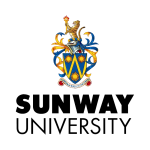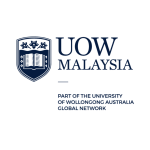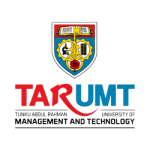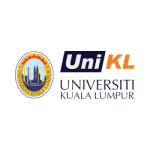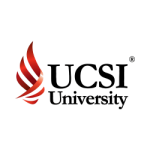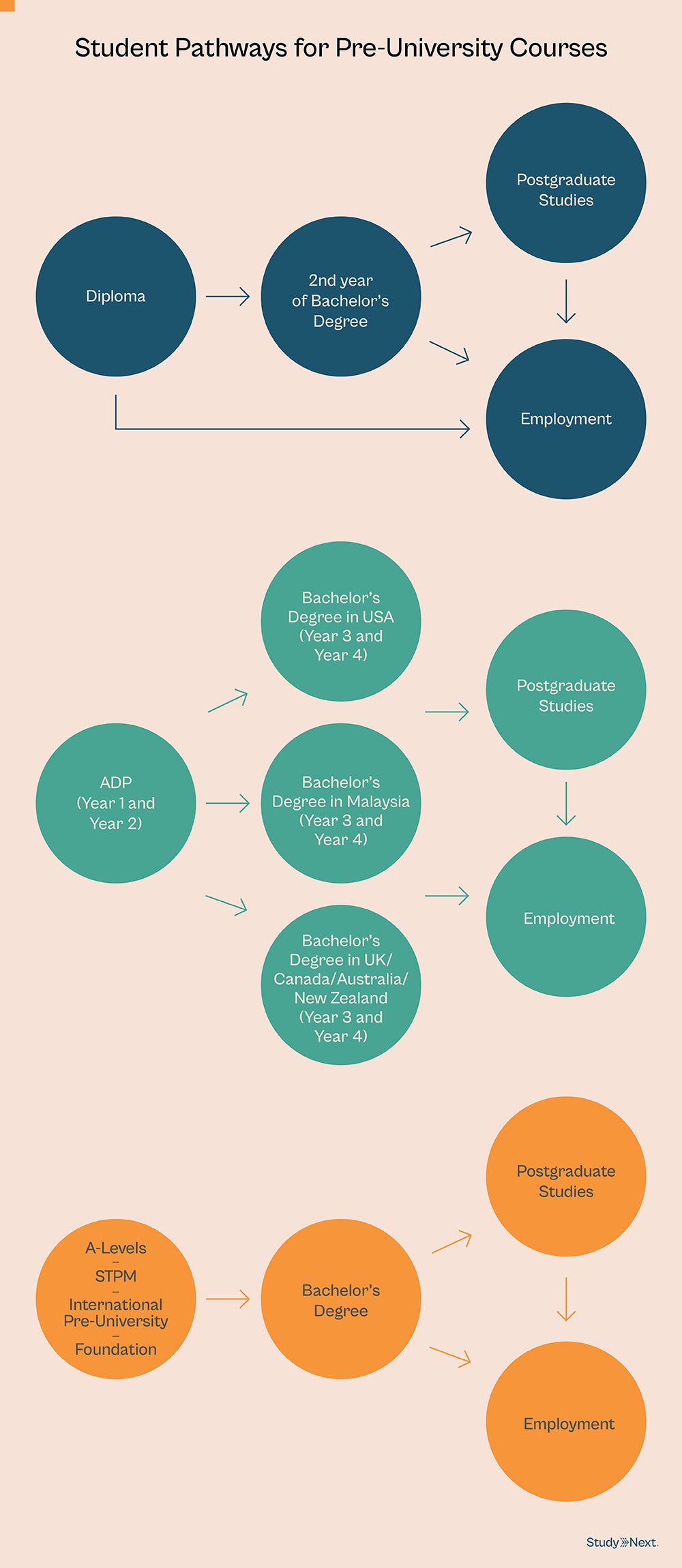
What is a pre-university course?
A pre-university course in Malaysia is the crucial bridge between secondary school and university, providing students with a solid academic foundation ahead of university while preparing them for their desired careers.
These programmes typically span one to two years and are designed to hone your critical thinking, research and independent study skills.
While there are overlaps, each type of pre-university course differs in cost, career pathways, assessment methods, entry requirements and level of recognition by universities. Read on for a handy guide to choosing the right pre-university course.
Five types of pre-university courses in Malaysia
- A-Levels
A-Levels, or Advanced Levels, is a UK-based pre-university programme in Malaysia that is widely recognised globally. It typically spans 15 to 24 months and is 100 per cent examination-based. While many subjects are offered, students are required to take only three or four. - Diploma
A diploma is a practical and skills-oriented pre-university programme that usually lasts two to three years. Although it is lengthier than other programmes on this list, it usually allows you to go straight into the second year of your undergraduate degree. It provides you with hands-on experience in specific fields, such as engineering, hospitality or business. - Sijil Tinggi Persekolahan Malaysia (STPM)
STPM is a national pre-university programme that takes 18 months to complete. It focuses on in-depth analysis and has a mix of continuous assessments and exams, the latter of which are taken at the end of every semester. It is a popular choice for students aiming to study at Malaysia’s public universities, though it is recognised by international universities as well. - International pre-university programmes (ADP/AUSMAT/CPU)
If you have a specific country in mind to further your studies, an international pre-university programme like one of the following is usually the way to go. ADP places you at a university in the USA, AUSMAT is aligned with the Australian curriculum, and CPU is based on the Canadian education model.
American Degree Program (ADP): As its name suggests, enrolling in an ADP means you are already studying for your undergraduate degree. Nonetheless, it still falls under the pre-university course category. There are many subjects to choose from, and true to the nature of American education, assessment is based not only on exams but also on coursework, assignments and quizzes. Half of your programme can be done in Malaysia, with the option to transfer your credits to do the second half of your programme in an American university. Some universities also offer a 4+0 programme, where you can complete your studies right here in Malaysia while still getting certified by an American university. Studying the ADP doesn’t limit you to American universities – it can get you accepted into institutions in Australia, Canada, New Zealand and the United Kingdom, too.
Australian Matriculation (AUSMAT): AUSMAT is based on the Australian curriculum and requires you to take five subjects. It evaluates your performance with continuous assessments, which are equally distributed between coursework and exams. To get the AUSMAT certification, students will have to pass the Online Literacy and Numeracy Assessment (OLNA).
Canadian Pre-University (CPU): CPU is modelled after the Canadian education system and emphasises coursework and soft-skills development over exams. It takes 12 to 15 months to complete, and you can choose six out of the 20 subjects offered. Due to its holistic nature, students are required to complete community service as part of the programme. - Foundation
Foundation programmes are one-year courses designed to prepare students to further their undergraduate degree studies in a particular field. Common types of foundation courses include Foundation in Art, Foundation in Science, Foundation in Business and Management, and Foundation in Computing.
Foundation in Art: This is a versitile programme covering art-related subjects, including includes psychology, marketing and public speaking. This is one of the most popular types of foundation programmes as students get a taste of different specialisations.
Foundation in Science: Geared towards science-related disciplines, this programme equips students with a strong foundation in mathematics, science and engineering, laying the groundwork for scientific degrees.
Foundation in Business and Management: Focused on business-related topics, this programme covers finance, accounting, business administration, marketing and international business, enabling students to move on to undergraduate degree programmes with similar disciplines.
Foundation in Computing: This course centres on computing-related subjects, providing you with fundamental knowledge of statistics, programming, web and app development and algorithms. It should prepare you for entry into degree programmes such as computer science, information technology and cybersecurity.
How to choose a pre-university course
- Think about your interests
When selecting a Pre-University course in Malaysia, it helps to keep your interests and career goals in mind. If you are deeply interested in and driven to excel in a particular field, you can consider more specialised programmes like a foundation or diploma. If you have a wider scope of interest or prefer to dip your toes in different things first, a broader course like A-Levels or STPM may be relevant for you. - How focused do you want the programme to be?
If you’re keen on a particular field but unsure of the roles you want to explore, a foundation programme can be a good option as it exposes you to the fundamental knowledge required in your chosen field. If you already have a clear career path in mind, like public relations management, you can opt for a more specialised programme like a Diploma in Mass Communication, which will enable you to pursue a Bachelor in Public Relations. - What is your budget?
A clear picture of your budget helps determine the types of pre-university courses you can explore. One of the most cost-efficient programmes is STPM as government schools offer it. Altogether, the entire programme usually costs less than RM1,000. Alternatively, many colleges offer scholarships and financial aid, so it’s worth researching those before looking more deeply into the pre-university courses they provide. Aside from looking up their websites, you can also attend open days at these institutions to meet with education counsellors who can help figure out the best education route for you.Pre-university course Range of fees STPM RM1,000 or less Foundation RM8,000 to RM25,000 CPU RM13,000 to RM35,000 Diploma RM15,000 to RM50,000 A-Levels RM20,000 to RM40,000 AUSMAT RM21,000 to RM40,000 ADP RM30,000 to RM60,000 - Do you want to study abroad?
If you aim to study in a specific country or just generally study abroad, consider opting for international pre-university programmes based on foreign syllabuses and assessment frameworks. These include ADP (American), AUSMAT (Australian), CPU (Canadian) and A-Levels (UK). Upon completion, you can enter universities in the programme’s origin country and even other foreign universities in other countries. - Consider your learning preferences
Everyone responds differently to different learning methods and thrives in different environments, and each pre-university course has its own. If you prefer a more well-rounded syllabus that balances academic knowledge and soft skills, opt for a holistic programme like CPU. If you excel in analysis and critical thinking, a course with fully exam-based assessments like A-Levels may suit you. - Ensure you meet the entry criteria
Each pre-university course has its own set of criteria and entry requirements, which can vary from institution to institution. For instance, Monash University requires students’ age to be at least 17 (although there are exceptions), while others require potential students to have a minimum number of credits/passes in SPM/O-Levels/UEC.
Common pathways for students in Malaysia taking Pre-University courses.
Pros and cons of pre-university courses
| Pre-university course | Pros | Cons |
|---|---|---|
| Diploma |
|
|
| Foundation |
|
|
| STPM |
|
|
| A-Levels |
|
|
| AUSMAT |
|
|
| ADP |
|
|
| CPU |
|
|
*Students can enrol into certain pre-university programmes more quickly with their SPM trial results, provided that the pre-university, certificate, or diploma programme is approved by the Ministry of Higher Education (MOHE). This is also subject to the institution. Students are encouraged to check with their desired college/university first.



